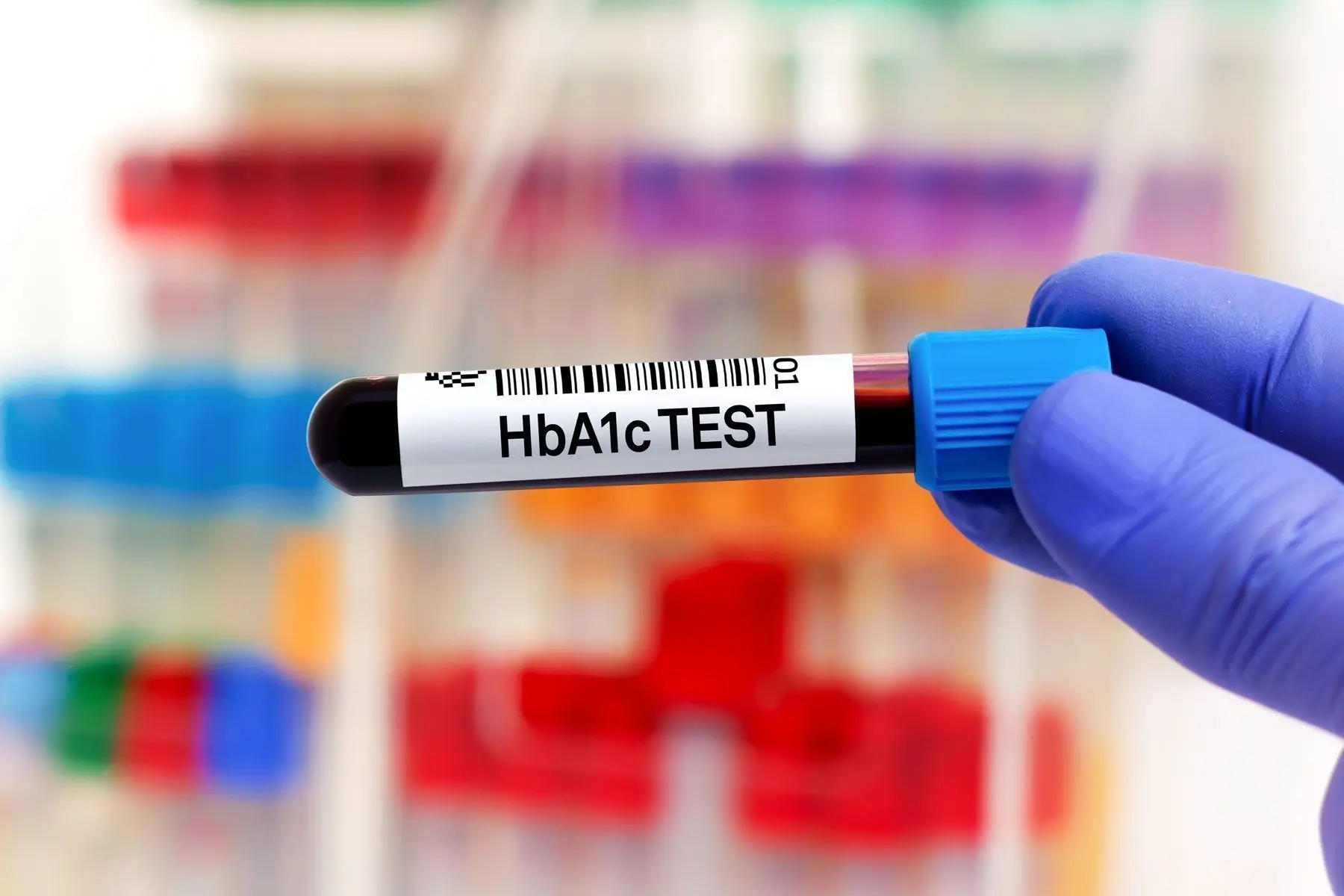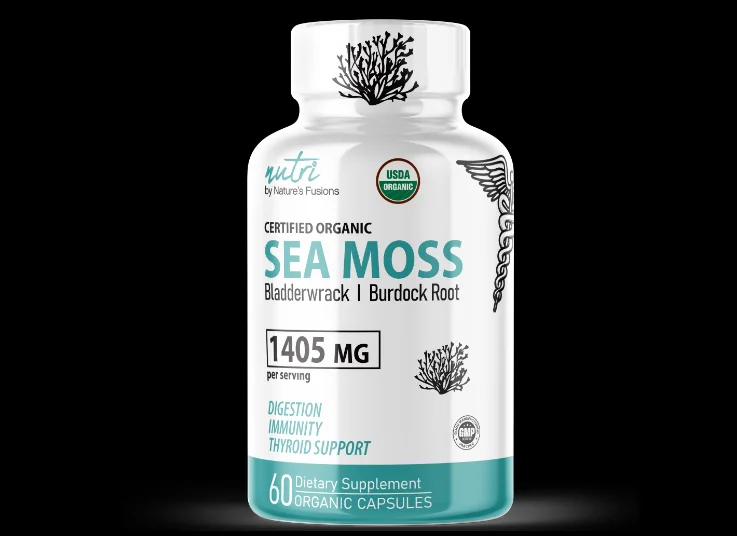In today’s health-conscious world, diagnostic tests play a vital role in understanding and maintaining overall well-being. Among the numerous tests available, the Creatinine Test and HbA1c stand out for their ability to provide crucial insights into kidney function and long-term glucose management. Whether you are monitoring an existing condition or taking preventive measures, these tests are indispensable tools for safeguarding your health.
Understanding the Creatinine Test
The Creatinine Test is a routine diagnostic test that measures the level of creatinine in your blood or urine. Creatinine is a waste product generated by muscle metabolism, and it is filtered out of the blood by the kidneys. The amount of creatinine in your body reflects how well your kidneys are functioning.
Types of Creatinine Tests
- Serum Creatinine Test: Measures the level of creatinine in your blood.
- Urine Creatinine Test: Evaluates the amount of creatinine excreted in your urine over a specific period, often 24 hours.
- Creatinine Clearance Test: Combines both blood and urine measurements to provide a comprehensive assessment of kidney function.
Why is the Creatinine Test Important?
The Creatinine Test is a crucial tool for diagnosing and monitoring kidney-related conditions. Elevated creatinine levels in the blood may indicate impaired kidney function, while abnormal results in a urine test can point to other underlying health issues. This test is often recommended for individuals at risk of kidney disease, such as those with diabetes, high blood pressure, or a family history of kidney disorders.
Conditions Diagnosed by a Creatinine Test:
- Chronic Kidney Disease (CKD): Early detection allows for timely management.
- Acute Kidney Injury (AKI): Helps identify sudden declines in kidney function.
- Dehydration: Can influence creatinine levels, indicating the need for rehydration.
- Muscle Disorders: Unusually high or low levels may also suggest muscle-related conditions.
HbA1c QNA: A Window into Long-Term Glucose Control
The HbA1c test, also known as glycated hemoglobin or A1c, is a key diagnostic tool for assessing blood sugar control over an extended period. Unlike daily glucose tests, the HbA1c provides an average blood sugar level over the past two to three months. This makes it invaluable for diagnosing diabetes, managing the condition, and identifying prediabetes in individuals at risk.
How Does the HbA1cTest Work?
Hemoglobin is a protein in red blood cells that carries oxygen throughout the body. When glucose enters the bloodstream, it binds to hemoglobin, forming glycated hemoglobin (HbA1c). The percentage of HbA1c reflects the average blood sugar levels over the lifespan of red blood cells, approximately 90 days.
Ideal HbA1c Levels:
- Normal: Below 5.7%
- Prediabetes: 5.7% to 6.4%
- Diabetes: 6.5% or higher
Why is the HbA1cTest Important?
The HbA1c test is an essential part of diabetes management. It helps track the effectiveness of treatment plans, including medications, dietary changes, and exercise. Additionally, it aids in identifying individuals at risk of developing diabetes, enabling early intervention to prevent complications.
Benefits of HbA1cTesting:
- Long-Term Monitoring: Provides a broader perspective compared to single glucose readings.
- Risk Assessment: Identifies individuals at risk of diabetes and its complications.
- Treatment Adjustments: Helps doctors fine-tune treatment plans for better outcomes.
Creatinine Test and HbA1c QNA: A Synergistic Approach to Health
While the Creatinine Test focuses on kidney function, the HbA1c test evaluates blood sugar control over time. These tests are particularly significant for individuals with diabetes, as high blood sugar levels can damage the kidneys, leading to diabetic nephropathy. Together, these tests provide a comprehensive understanding of your health.
How These Tests Complement Each Other:
- Kidney Function and Diabetes: Elevated HbA1c levels can increase the risk of kidney damage, which can be detected through a Creatinine Test.
- Medication Monitoring: Certain diabetes medications can affect kidney function, making regular Creatinine Tests essential.
- Preventive Care: Combining both tests allows for early detection and intervention, reducing the risk of complications.
Preparing for the Tests
Preparation for Creatinine Test
- Serum Creatinine Test: No special preparation is usually required, but inform your doctor about any medications you are taking, as some drugs can affect the results.
- Urine Creatinine Test: Follow specific instructions for collecting a 24-hour urine sample, if required.
Preparation for HbA1c Test
The HbA1c test is convenient and doesn’t require fasting or special preparation. You can take the test at any time of the day.
Lifestyle Tips for Optimal Health
Maintaining a healthy lifestyle can positively influence the results of both the Creatinine Test and HbA1c test. Here are some tips to keep your kidneys and blood sugar levels in check:
- Balanced Diet: Include fruits, vegetables, whole grains, and lean proteins while limiting processed foods, excess salt, and sugar.
- Regular Exercise: Physical activity improves circulation, supports kidney function, and helps regulate blood sugar levels.
- Stay Hydrated: Drinking adequate water supports kidney filtration and overall health.
- Monitor Blood Pressure: High blood pressure can strain the kidneys, so regular monitoring is crucial.
- Stress Management: Chronic stress can negatively impact blood sugar levels and kidney health.
Early Detection: The Key to Better Outcomes
Both the Creatinine Test and HbA1c test are invaluable for early detection of potential health issues. For instance:
- Creatinine Test: Detects kidney dysfunction before symptoms become severe.
- HbA1c Test: Identifies prediabetes or poorly controlled diabetes, allowing for timely intervention.
Early diagnosis enables effective management, preventing complications such as kidney failure, heart disease, or nerve damage.
When Should You Take These Tests?
- Creatinine Test: Recommended for individuals with diabetes, high blood pressure, or a family history of kidney disease. It is also part of routine health checkups.
- HbA1c Test: Should be taken annually by individuals at risk of diabetes and more frequently by those already diagnosed.
Conclusion
Your health is your most valuable asset, and regular testing is a proactive step toward preserving it. The Creatinine Test provides crucial insights into kidney health, while the HbA1c test offers a long-term view of glucose management. Together, these tests empower you to take charge of your well-being and prevent serious health complications. By combining regular testing with a healthy lifestyle, you can pave the way for a brighter and healthier future. Schedule your Creatinine Test and HbA1c test today to gain a comprehensive understanding of your health and make informed decisions for a better tomorrow.





